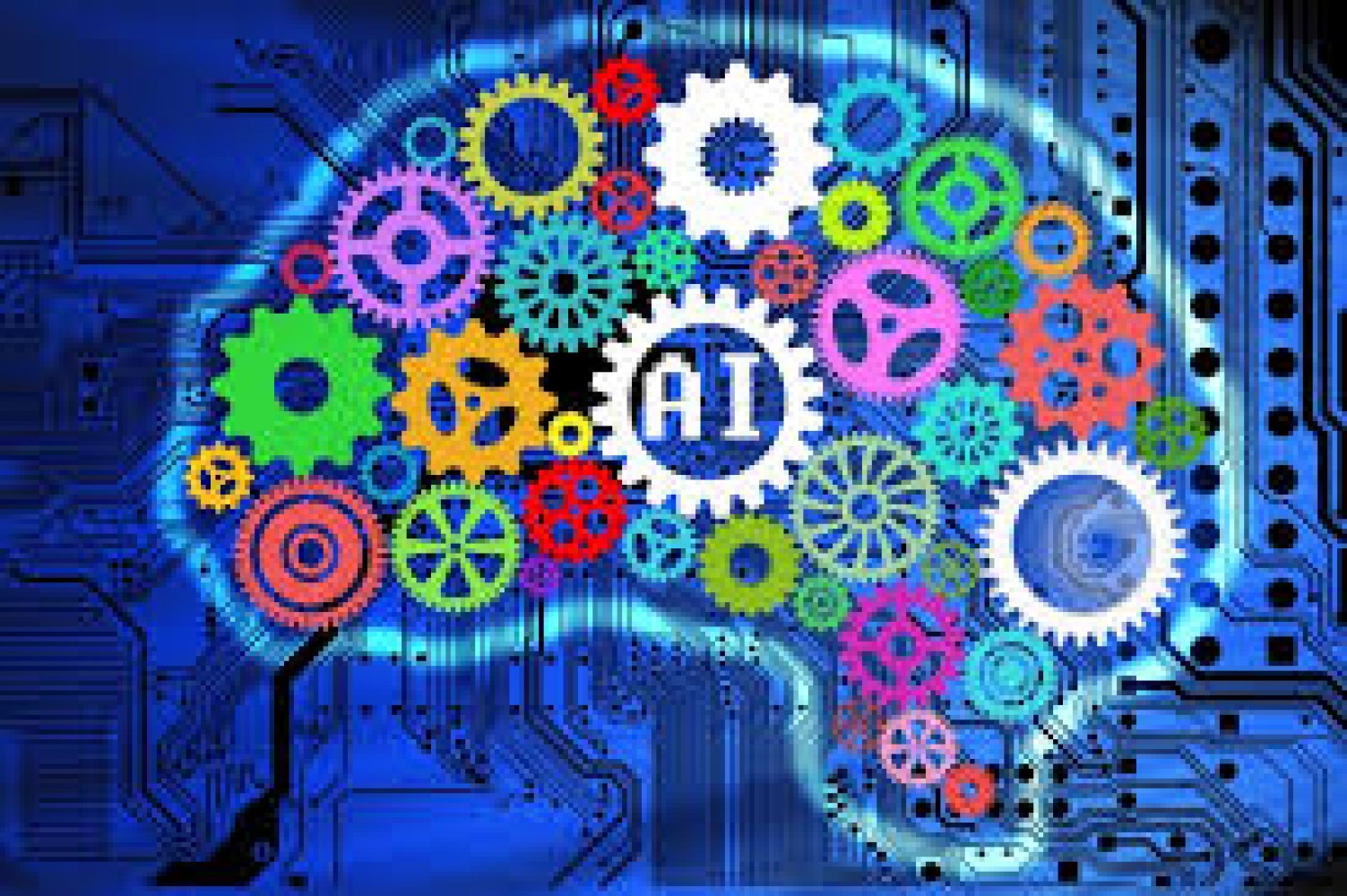Artificial intelligence (AI) is the simulation of human intelligence processes by machines, especially computer systems.
These processes include
a. Learning (the acquisition of information and rules for using the information).
b. Reasoning (using rules to reach approximate or definite conclusions) and
c. Self-correction.
What is artificial intelligence?
Artificial Intelligence (AI) is the branch of computer sciences that emphasizes the development of intelligence machines, thinking and working like humans. For example, speech recognition, problem-solving, learning and planning.
- 32% of executives say voice recognition is the most-widely used AI technology in their business today. (Narrative Science)
- 9 very intelligent AI solutions that we are using today are:
- Siri – in Apple iPhone
- Tesla – in Automobiles
- Cogito – in Customer Service
- Netflix – in Content on Demand
- Pandora – in Tec Solutions
- Nest – in Behavioral Algorithms used by Google
- Boxever – in Customer Experience
- Flying Drones – in shipping products to customers home
- Echo – in Amazon. Alexa Voice Service.
What are types of artificial intelligence?
Some subsets of AI include machine learning, big data, and natural language processing; The four main types of artificial intelligence:
- Reactive machines,
- Limited memory,
- Theory of mind, and
- Self-awareness.
What is Embedded AI and how many types Embedded AI ?
Embedded artificial intelligence (AI) is a major step forward for this technology, “moving the chains” of AI toward its full potential in everyday use.
- There are three primary types of AI, all relevant to embedded intelligence:
- Natural language processing (NLP)
- Computer vision (image recognition)
- Speech/voice recognition software
Which programming language is best for AI?
- Python. Python is considered to be in the first place in the list of all AI development languages due to the simplicity.
- R. R is one of the most effective language and environment for analyzing and manipulating the data for statistical purposes.
- Lisp.
- Prolog.
- Java.
What are the disadvantages of artificial intelligence?
Advantages: AI would have a low error rate compared to humans, if coded properly. They would have incredible precision, accuracy, and speed.
Disadvantages: They won't be affected by hostile environments, thus able to complete dangerous tasks, explore in space, and endure problems that would injure or kill us.
What is the need of artificial intelligence?
Artificial Intelligence is the simulation of the human process by machines (computer systems). These processes include the learning, reasoning, and self-correction. We need Artificial Intelligence (AI) because the work that we need to do is increasing day-to-day. So it's a good idea to automate the routine work.
What are typical coursework involves study of AI?
- Various level of math, including probability, statistics, algebra, calculus, logic and algorithms.
- Bayesian networking or graphical modeling, including neural nets.
- Physics, engineering and robotics.
- Computer science, programming languages and coding.
- Cognitive science theory.
What jobs AI Can replace?
AI will replace "repetitive" jobs--those tasks that can be automated like robots are doing in factories. It will also potentially replace many "white-collar" tasks in the fields of accounting, healthcare, marketing, law, hospitality, and other areas.
Why AI is used?
Artificial intelligence is used in the production unit in most big manufacturing companies.AI system is used to give a specific shape to an object, move objects from one place to another, etc. This application is also used in the management of most companies to get their tasks efficiently done on time.
How AI is used in business?
Artificial intelligence can be used to solve problems across the board.AI can help businesses increase sales, detect fraud, improve customer experience, automate work processes and provide predictive analysis. ... Financial services can benefit from AI-based process automation and fraud detection.




